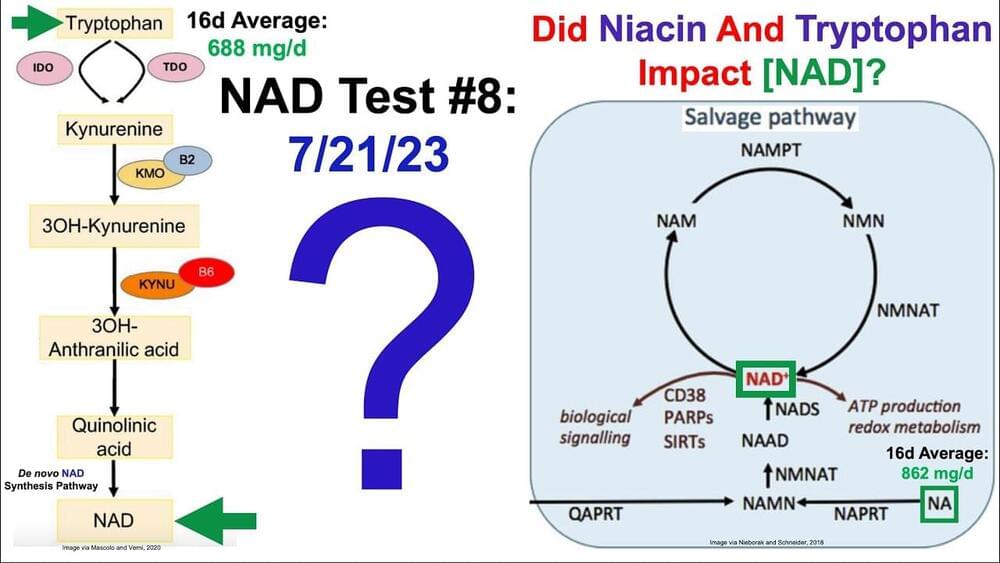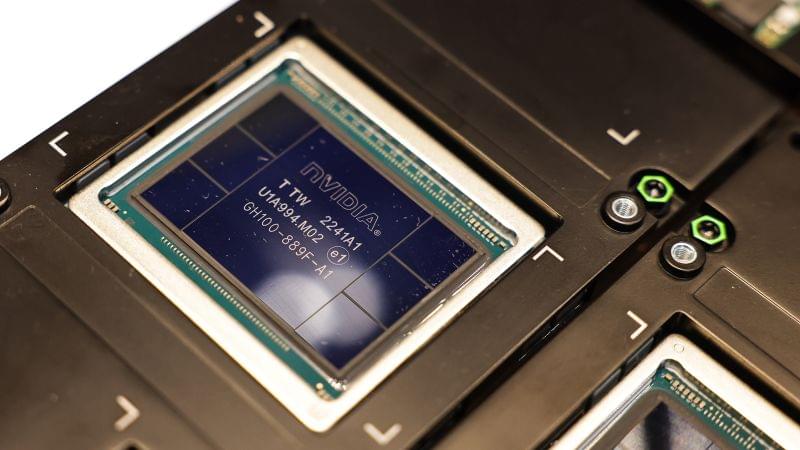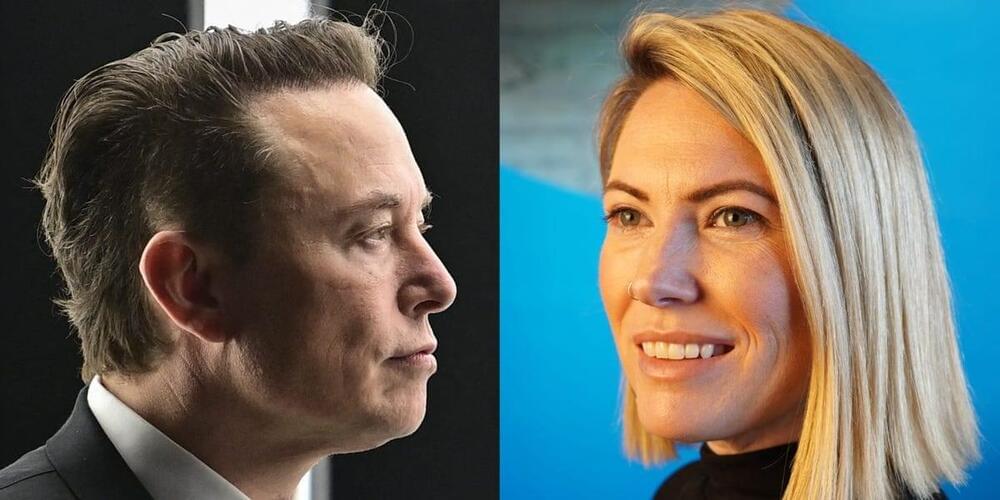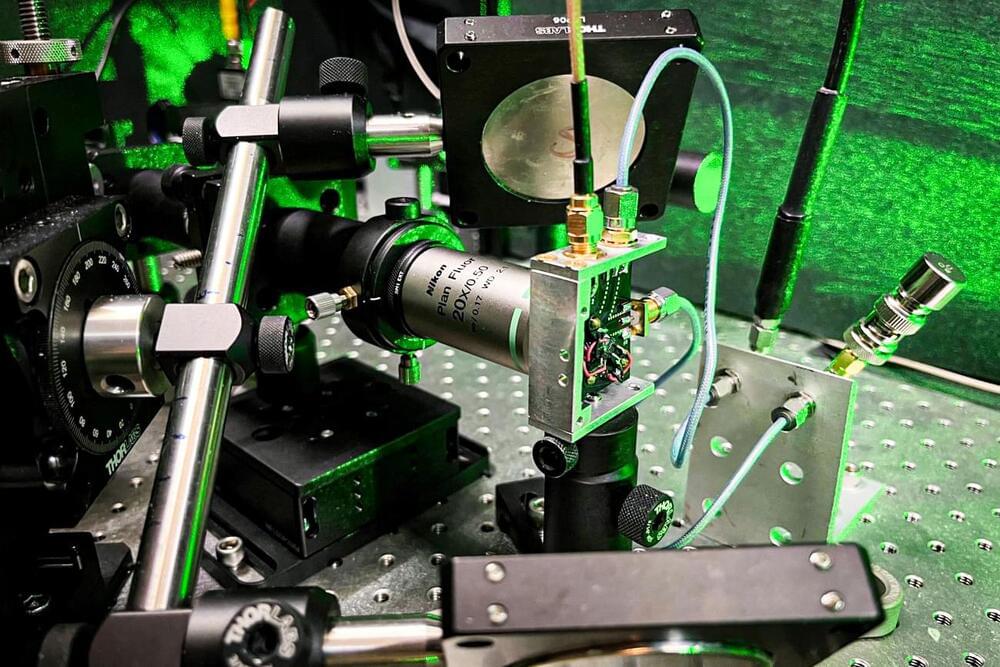Aug 6, 2023
Scientists Regrow Retinal Cells in The Lab Using Nanotechnology
Posted by Joseph Barney in categories: biotech/medical, nanotechnology, neuroscience, Ray Kurzweil, singularity
Still a big maybe but it gives them other ideas/possibilities. Hopefully they succeed soon! My mother has glaucoma. It’ll probably be decades before this cure happens though. Unless it can be accelerated which is predicted by Ray Kurzweil in his book The Singularity is Near. I think other futurists have said similar things though I’m not familiar with all of them, I saw a talk by one for NASA.
In efforts to tackle the leading cause of blindness in developed countries, researchers have recruited nanotechnology to help regrow retinal cells.
Macular degeneration is a form of central vision loss, which has massive social, mobility, and mental consequences. It impacts hundreds of millions of people globally and is increasing in prevalence.
Continue reading “Scientists Regrow Retinal Cells in The Lab Using Nanotechnology” »


















